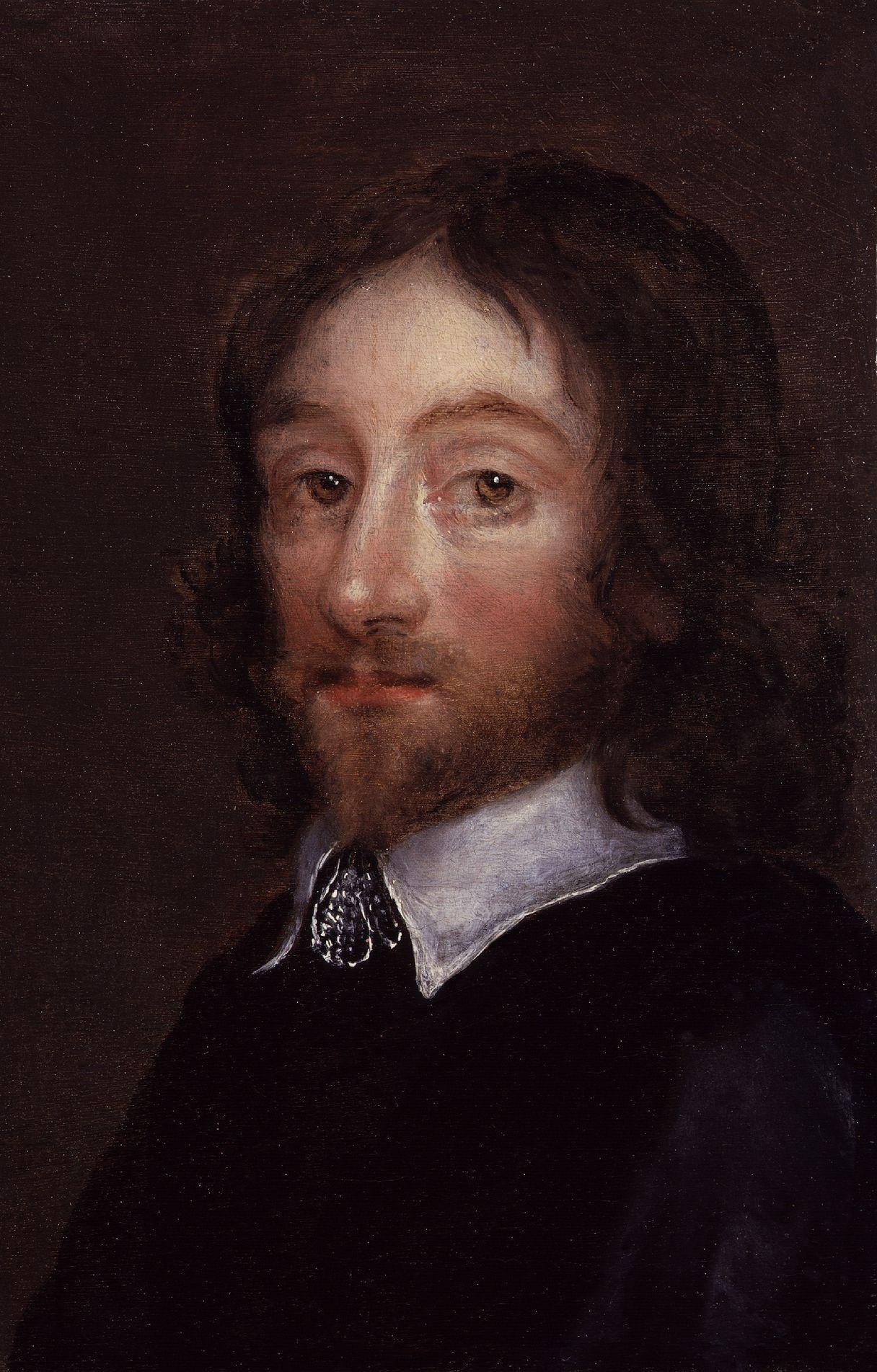“It is the common wonder of all men, how among so many million of faces there should be none alike.”
Section 2
Religio Medici (1643), Part II
Sir Thomas Browne was an English polymath and author of varied works which reveal his wide learning in diverse fields including science and medicine, religion and the esoteric. His writings display a deep curiosity towards the natural world, influenced by the scientific revolution of Baconian enquiry.
Browne's literary works are permeated by references to Classical and Biblical sources as well as the idiosyncrasies of his own personality. Although often described as suffused with melancholia, his writings are also characterised by wit and subtle humour, while his literary style is varied, according to genre, resulting in a rich, unique prose which ranges from rough notebook observations to polished Baroque eloquence.
Wikipedia

“It is the common wonder of all men, how among so many million of faces there should be none alike.”
Section 2
Religio Medici (1643), Part II
Section 48
Religio Medici (1643), Part I
“The created World is but a small Parenthesis in Eternity.”
Part III, Section XXIX
Christian Morals (first pub. post. 1716)
“Be substantially great in thyself, and more than thou appearest unto others.”
Part I, Section XIX
Christian Morals (first pub. post. 1716)
Commonplace notebooks, Part I
Part III, Section VII
Christian Morals (first pub. post. 1716)
“A man may be in as just possession of Truth as of a City, and yet be forced to surrender.”
Section 6
Religio Medici (1643), Part I